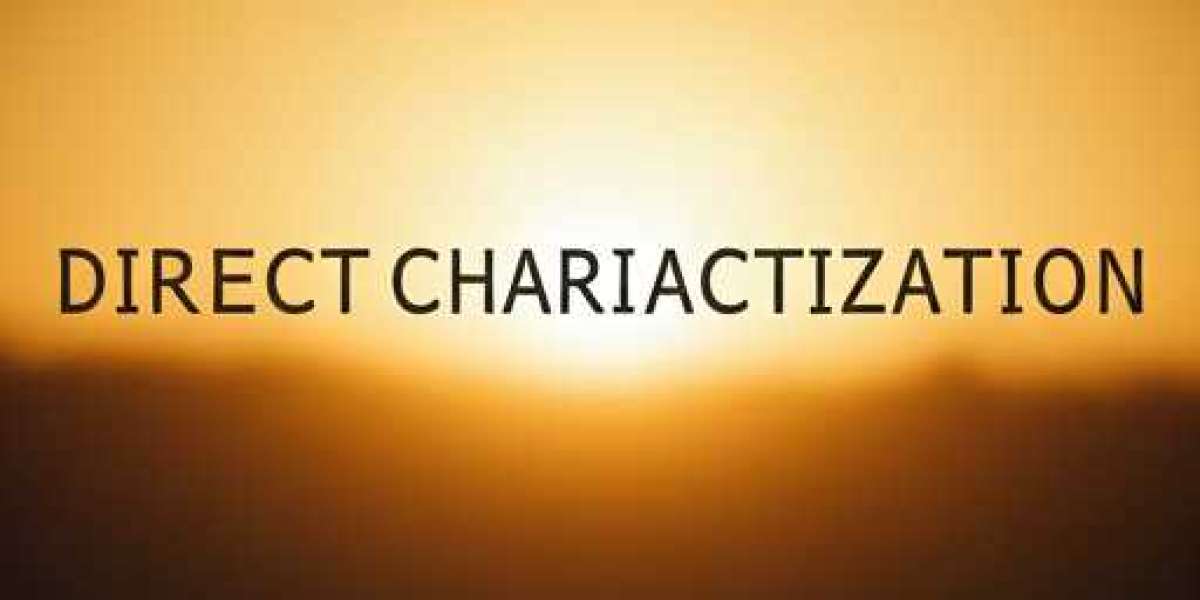
Sexual harassment remains a serious concern worldwide, including the Philippines. Fortunately, laws are in place to protect individuals from unwanted sexual advances, intimidation, and abuse. Two critical legislations serve as safeguards for citizens: The Anti-Sexual Harassment Act of 1995 and the Safe Spaces Act. This guide explains these laws, their penalties, and what steps you can take if you experience sexual harassment.
What is the Anti-Sexual Harassment Act of 1995?
The Anti-Sexual Harassment Act of 1995 (Republic Act 7877) focuses on preventing workplace and school-related sexual harassment. Under this law, harassment occurs when:
- A person in authority demands sexual favors.
- The harassment impacts a person's employment, education, training, or work performance.
Where Does Sexual Harassment Happen?
In the Workplace
Harassment often comes from individuals in positions of power, such as supervisors, managers, or employers. It can involve making employment opportunities or promotions conditional on sexual favors.In Educational Institutions
Teachers, professors, or staff members may use their authority to exploit students. This includes offering grades, scholarships, or special treatment in exchange for sexual compliance.
Penalties for Violating the Anti-Sexual Harassment Act
Those found guilty of sexual harassment face significant penalties, including:
- Imprisonment: From 1 to 6 months
- Fines: Ranging from ₱10,000 to ₱20,000
While the penalties may seem lenient compared to modern standards, this law paved the way for recognizing and addressing sexual harassment in authority-dependent environments.
The Safe Spaces Act: A Modern Protection Against Sexual Harassment
The Safe Spaces Act (Republic Act 11313), also known as the "Bawal Bastos Law," builds upon earlier legislation. It broadens the definition of sexual harassment and protects individuals in public spaces, workplaces, and even online platforms.
Unlike the 1995 law, the Safe Spaces Act does not limit harassment to authority figures. Any individual—regardless of power or position—can be held accountable for harassing others.
How is Sexual Harassment Defined Under the Safe Spaces Act?
Streets and Public Spaces
Unwanted comments, catcalling, stalking, and indecent gestures fall under this category. Public spaces include streets, markets, public transport, and other open areas.Workplaces
In addition to authority-based harassment, the Safe Spaces Act protects employees from harassment by colleagues and subordinates. It encourages safe and respectful work environments.Online Spaces
Cyber harassment, including sending lewd photos, sharing private information without consent, and threatening messages, is punishable under the law.
Penalties Under the Safe Spaces Act
The Safe Spaces Act imposes stricter penalties on offenders. Here’s an overview:
Catcalling, Stalking, and Unwanted Gestures
- First offense: ₱1,000 fine and 12 hours community service
- Subsequent offenses: ₱10,000 fine and imprisonment up to 30 days
Workplace Harassment
Employers must take immediate action against harassment. Failure to do so can result in fines between ₱5,000 and ₱20,000.Online Harassment
Sharing explicit or harmful content can lead to imprisonment of up to 6 years and fines reaching ₱500,000.Harassing Women and the LGBTQ+ Community
Violators can face imprisonment, depending on the severity of the harassment, with increasing penalties for repeat offenses.
These comprehensive penalties aim to create safer spaces for all individuals, regardless of gender or background.
Steps to Take If You’ve Been Sexually Harassed
If you experience sexual harassment, here are the steps you can take to protect yourself and seek justice:
Talk to Someone You Trust
Speak with trusted individuals, such as friends, family, or counselors. Sharing your experience can help you feel supported and validated.Document the Incident
Write down detailed records of what happened, including the time, place, and individuals involved. If possible, save evidence like text messages, emails, or photos.Report the Harassment
- At work: Report the incident to your HR department or employer. Employers are legally required to take action.
- In public: File a report with local authorities or the barangay office.
- Online: Use available reporting mechanisms on social media or platforms to flag inappropriate behavior.
Seek Legal Help
If you are unsure of your rights, consult a lawyer or organizations specializing in harassment cases. Legal support can guide you through filing formal complaints.
Creating Safe and Respectful Spaces
Both the Anti-Sexual Harassment Act of 1995 and the Safe Spaces Act emphasize the importance of dignity and respect in workplaces, schools, and public areas. These laws protect victims while holding perpetrators accountable. However, true progress requires active participation from all members of society. Employers, educators, and individuals must collaborate to promote safe and inclusive environments.
By understanding your rights and knowing how to respond, you can play a vital role in preventing harassment and fostering a culture of accountability. Let’s work together to ensure that all spaces—whether online, in public, or at work—are safe for everyone.








